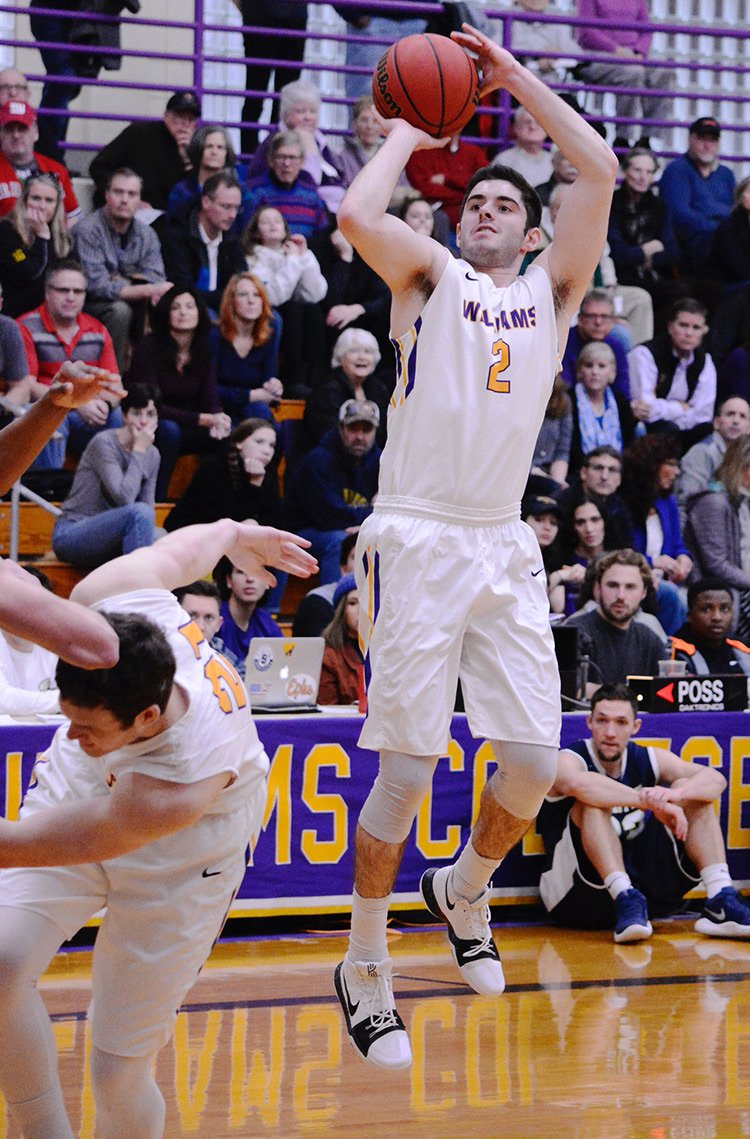5 Things I Wish I knew Before Basketball Tryouts
By Adam Kroot
Remembering the Tryout Nerves
I still remember walking into the gym for high school basketball tryouts — the sound of sneakers squeaking, the smell of floor polish, the buzz of everyone trying to prove they belonged.
Tryouts carried a lot of weight for me back then. It was bigger than just basketball. It was about identity, friendship, confidence, and feeling like you were part of something. Looking back now, both as a former college athlete and as a sport psychology extern at Athlete Insight, there are several things I wish I could tell that younger version of myself.
These are five lessons I’ve learned, through experience, reflection, and working with athletes every day, that can help you approach tryouts with more confidence, perspective, and purpose.
1. Trust Your Preparation
The week before tryouts is filled with what-ifs: What if I mess up? What if I’m not good enough? What if I don’t make the team I want to make?
That kind of self-talk is normal, but it often ignores what you’ve already built.
Trusting your preparation doesn’t mean believing you’ll be perfect. It means remembering the hours of work you’ve already put in. Every offseason workout, every rep, every shooting session matters more than you realize.
In sport psychology, we call this process-based confidence —belief grounded in what you’ve done, not just what you hope will happen. When anxiety kicks in, it often signals that you care. Use that energy as fuel rather than fear. Take a breath, remind yourself of the work you’ve put in, and focus on what’s right in front of you: One drill, one pass, one possession at a time.
2. Focus on What You Can Control
At tryouts, it’s easy to get caught up in what you can’t control, such as who is watching, who might be playing well, or what the coaches are thinking. The truth is that those things are outside your influence. What matters most is how you show up.
You control your body language — whether you carry yourself with focus, energy, and presence.
You control your effort — sprinting to the next drill, diving for loose balls, or staying locked in during huddles.
You control your communication and teamwork — talking on defense, encouraging others, celebrating good plays.
You control how you respond to feedback — making eye contact, nodding, saying “yes coach,” and trying again.
You control your gratitude — thanking coaches and showing appreciation for their time.
These are the cues coaches notice most, often even more than a single made or missed shot. They reveal consistency, maturity, and commitment.
When we direct our focus toward factors within our control, confidence becomes less fragile because it no longer depends on outcomes or others’ opinions.
You can’t control whether you make the team. But you can always control how you make an impression.
3. Comparison Is the Enemy of Confidence
One of the hardest parts of tryouts is looking around and noticing who’s taller, faster, or stronger. That instinct to compare is natural, but it often pulls your focus away from your own game.
Elite performers learn that comparison is a distraction, but presence is a skill. When your attention shifts to others, gently bring it back to your controllables: communication, effort, and body language.
A simple reset strategy I use with athletes:
Reset: Pause and notice when you start comparing.
Release: Take one deep, grounding breath.
Refocus: Ask, what’s one thing I can do well on this next rep?
Mastering that skill is one of the foundations of mental toughness in sport and life.
4. You Are More Than the Team You Make
This one is hard. For many athletes, their sense of worth can feel tied to performance or results. Tryouts bring that into sharp focus.
But your value as a person doesn’t rise or fall with the roster. Whether you make varsity, JV, or don’t make the team at all, your character, discipline, and growth are what define you.
In my work with athletes, I often see how separating performance from identity leads to better outcomes. When athletes recognize they’re more than their sport, they tend to play free, with less fear of mistakes and more connection to why they love the game in the first place.
5. Every Tryout Is a Chance to Grow
No matter how the tryout goes, you’re going to learn something about yourself. Tryouts can reveal how we handle pressure, how we bounce back from mistakes, how we communicate with teammates, how we lead, how we respond when things aren’t guaranteed.
Those skills matter in sport, but they matter even more in life.
If you make the team, great. Keep growing.
If you don’t, that moment doesn’t define you. It’s one chapter, not your whole story.
Growth comes from the willingness to show up, take risks, and compete with everything you have, especially when the outcome is uncertain.
Closing Reflection
Tryouts are intense, no doubt. But they’re also an opportunity to test yourself, to grow, and to show the kind of competitor and person you are becoming.
If you walk into the gym with trust in your preparation, a clear sense of who you are, and a focus on what you can control, you’ve already succeeded in the ways that matter most.
If you’re interested in learning how to strengthen these skills — to perform with more confidence, handle pressure with clarity, and show up as the best version of yourself — Athlete Insight is here to support your development every step of the way.

